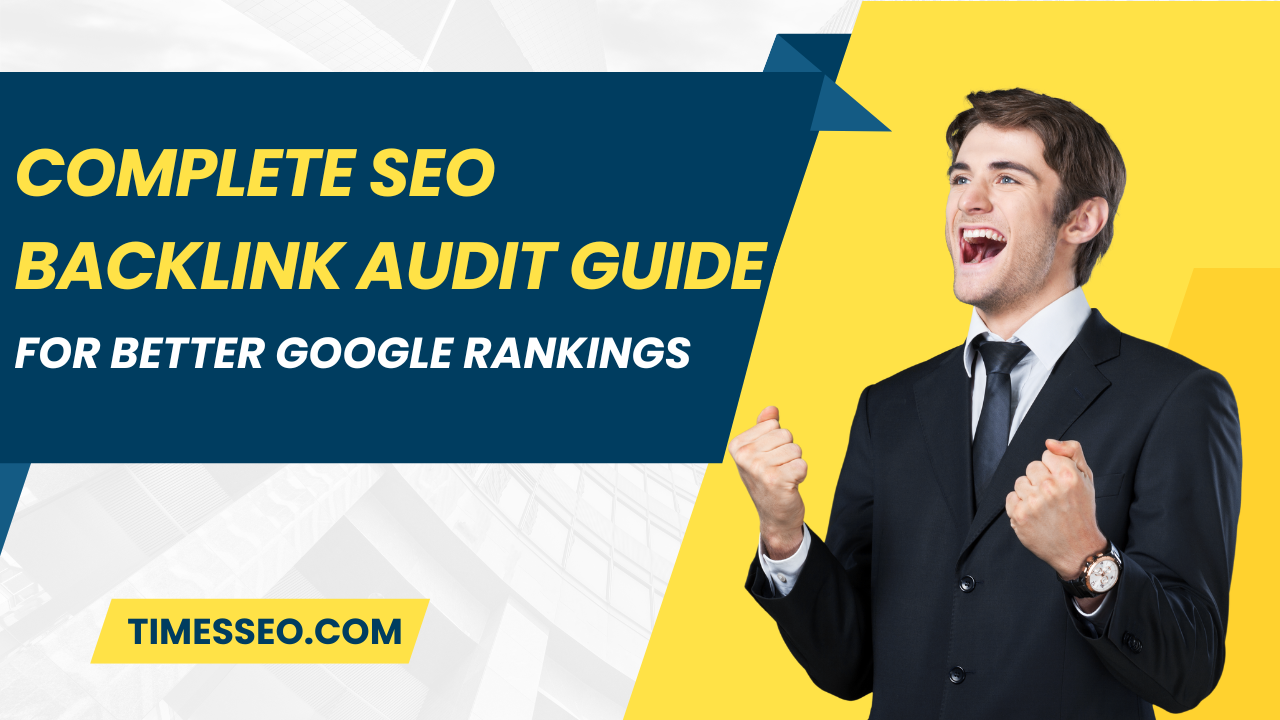
Data Privacy SEO Content Ideas That Support Link Building
This blog post explores data privacy SEO content ideas that can boost trust, improve rankings, and attract high-quality backlinks. It covers practical strategies like creating educational privacy guides, compliance checklists, and infographics, along with outreach and optimization tips to make privacy-focused content a powerful link-building tool.
Table of Contents
Introduction
When it comes to modern SEO, data privacy is more than just a legal checkbox—it’s a trust signal for both search engines and your audience. The internet is full of content, but people are increasingly careful about who they share their information with. That’s where data privacy SEO content comes into play.
Why Data Privacy Matters in Digital Marketing
Think of data privacy as the seatbelt of the online world—it’s not glamorous, but it’s essential. Without it, businesses risk losing customer trust, facing legal trouble, and dropping in search rankings.
How SEO and Data Privacy Intersect
Search engines love authoritative, trustworthy sites. When you publish privacy-focused content, you’re showing expertise, authority, and trustworthiness (E-A-T)—all of which can lead to better rankings and stronger backlinks.
Understanding the Importance of Link Building
The Role of Backlinks in SEO Rankings
Backlinks are the digital equivalent of word-of-mouth recommendations. The more reputable websites that connect to your material, the more search engines think you should appear in their rankings.
Why Privacy-Related Content Attracts Natural Links
Privacy is a hot topic. From journalists to cybersecurity blogs, everyone wants reliable privacy-related resources to share with their audience.
Data Privacy SEO Content Ideas
Educational Blog Posts on Privacy
Break down complex privacy topics into simple language. For example:
Explaining Data Protection Laws
Write beginner-friendly guides on GDPR, CCPA, and other regulations.
How Businesses Can Ensure User Privacy
Offer actionable tips that small and medium businesses can implement today.
Privacy Policy Templates and Guides
Provide free, customizable privacy policy templates that small business owners can adapt.
Infographics on Data Privacy Best Practices
Visual content gets shared more often, making it an excellent backlink magnet.
Case Studies on Privacy Breaches and Lessons Learned
Analyze real-world incidents, outlining what went wrong and how others can avoid similar mistakes.
Privacy Compliance Checklists
Step-by-step lists make compliance easier and attract recurring traffic.
Interactive Privacy Risk Assessment Tools
Gamify privacy education by letting users test their own compliance.
Expert Interviews on Data Protection Trends
Interview privacy lawyers, cybersecurity experts, or compliance officers.
Core Principles for Data Privacy SEO Content
Transparency and Trust as Ranking Factors
Clear, straightforward content about privacy policies and data protection shows visitors—and Google—that you take transparency seriously.
Aligning Content with Privacy Laws (GDPR, CCPA, etc.)
Cover major privacy laws and compliance steps in your content. This adds credibility and positions your brand as a go-to resource.
Link-Building Strategies Using Privacy Content
Outreach to Privacy Advocates and Organizations
Email privacy advocacy groups offering them your content as a resource.
Collaborating with Cybersecurity Websites
Guest post or co-create content with security-focused brands.
Submitting Content to Industry Publications
Write for magazines, blogs, and forums that specialize in digital security.
Leveraging Social Media for Privacy Awareness Campaigns
Run hashtag campaigns during Data Privacy Day to drive shares and backlinks.
Optimizing Privacy Content for SEO
Using Privacy-Related Keywords
Target terms like “GDPR compliance tips,” “CCPA guide,” or “data privacy checklist.”
Structuring Content for Featured Snippets
Answer common privacy questions in short, concise paragraphs.
Ensuring Mobile and Security Optimization
A secure (HTTPS) and mobile-friendly site boosts both rankings and user trust.
Measuring the Success of Privacy SEO Content
Tracking Backlink Growth
Use tools like Ahrefs or SEMrush to see who’s linking to your privacy content.
Monitoring Organic Traffic Changes
Check Google Search Console for keyword performance trends.
Engagement and Share Metrics
Track social media shares, comments, and on-page interactions.
Common Mistakes to Avoid
Overcomplicating Privacy Language
Avoid legal jargon that scares readers away—keep it simple.
Neglecting Regular Updates to Privacy Content
Privacy laws evolve—so should your content.
Conclusion
Data privacy isn’t just a compliance issue—it’s an opportunity to build trust, improve SEO, and earn high-quality backlinks. By creating valuable, shareable privacy-focused resources, you can position your brand as an authority while strengthening your link profile.
Frequently Asked Questions
Guides, templates, and infographics on privacy laws tend to attract the most links.
At least every 6–12 months, or when major regulations change.
Yes, especially when it earns backlinks from reputable sources.
Make use of keyword research tools such as Google Keyword Planner, Ahrefs, or SEMrush.
Moz, Ahrefs, SEMrush, and Google Search Console are all great choices.
Table of Contents
Popular Posts
-
 Affordable Technical SEO Audit for Small Business: A Complete Guide26 Jun 2025 Blog
Affordable Technical SEO Audit for Small Business: A Complete Guide26 Jun 2025 Blog -
 How to Get an Affordable Technical SEO Audit for Small Business27 Jun 2025 Blog
How to Get an Affordable Technical SEO Audit for Small Business27 Jun 2025 Blog -
 The Ultimate Local SEO Audit Checklist for Startups28 Jun 2025 Blog
The Ultimate Local SEO Audit Checklist for Startups28 Jun 2025 Blog -
 Local SEO Audit Checklist for Startups: A Beginner’s Guide28 Jun 2025 Blog
Local SEO Audit Checklist for Startups: A Beginner’s Guide28 Jun 2025 Blog -
 Top On-Page SEO Audit Steps for Service Websites Every Business Should Know29 Jun 2025 Blog
Top On-Page SEO Audit Steps for Service Websites Every Business Should Know29 Jun 2025 Blog -
 Technical SEO for WordPress: The Ultimate Beginner’s Guide01 Jul 2025 Blog
Technical SEO for WordPress: The Ultimate Beginner’s Guide01 Jul 2025 Blog -
 The Impact of On-Page SEO Audit Steps for Service Websites on UX01 Jul 2025 Blog
The Impact of On-Page SEO Audit Steps for Service Websites on UX01 Jul 2025 Blog -
 Technical Mobile SEO Audit Tips for Developers02 Jul 2025 Blog
Technical Mobile SEO Audit Tips for Developers02 Jul 2025 Blog -
 Complete SEO Backlink Audit Guide for Better Google Rankings03 Jul 2025 Blog
Complete SEO Backlink Audit Guide for Better Google Rankings03 Jul 2025 Blog -
 Boost Your Rankings with Technical SEO for WordPress01 Jul 2025 Blog
Boost Your Rankings with Technical SEO for WordPress01 Jul 2025 Blog






